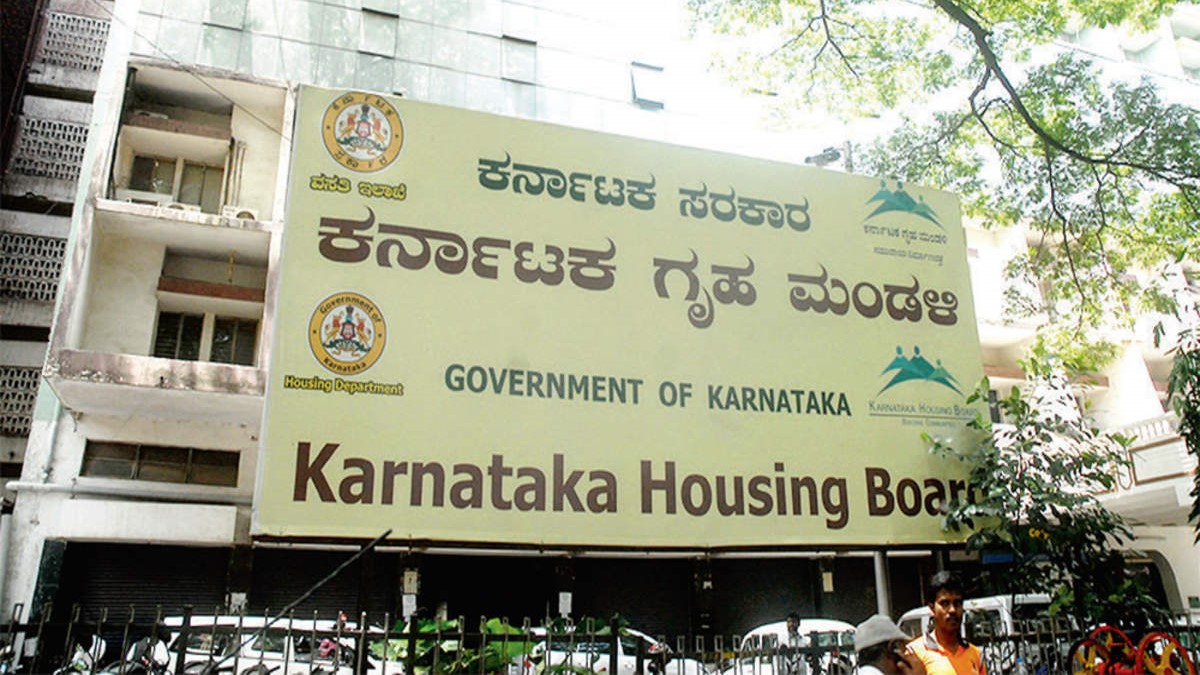
Bengaluru: A political firestorm erupted in Karnataka on Thursday after the state cabinet approved a 5 percent increase in the housing quota for minority communities — from 10 to 15 — under various urban and rural housing schemes.
While the Congress-led government defended the decision as a measure of “inclusive welfare”, the Opposition Bharatiya Janata Party (BJP) branded it a blatant case of “communal appeasement” and vowed legal challenge.
The revised quota, which applies to housing programmes implemented by the state’s Housing Department, is aimed at aiding houseless families from religious minority groups including Muslims, Christians, Jains, and Buddhists.
Government cites problem of ‘vacancy’
Defending the move, Law and Parliamentary Affairs Minister HK Patil said, “This decision is grounded in data, including inputs from the Sachar Committee, recent studies, and central government advisories. A significant number of houseless families from minority groups still remain. This is a step towards uplifting the underserved.”
Deputy Chief Minister DK Shivakumar added that many government-constructed houses in urban areas were lying unoccupied due to low interest from general category applicants. “Should we let houses lie vacant when minorities are willing to occupy them? These are surplus homes — it doesn’t affect SC/ST/OBC allocations,” he said.
The state clarified that this increase does not apply to housing schemes exclusively reserved for Scheduled Castes (SC) and Scheduled Tribes (ST), and is meant only for general housing projects.
BJP: “Appeasement politics at play”
The BJP launched a scathing attack, calling the decision unconstitutional. Party State President BY Vijayendra said, “This is vote bank politics in the name of welfare. After granting 4 percent reservation for Muslims in government contracts, this is yet another attempt to institutionalize communal politics.”
Former Chief Minister Jagadish Shettar accused the Congress of consistently pandering to Muslim votes.
“Appeasement has crossed all limits. Congress survives only on minority support, and these policies will eventually collapse the government,” he warned.
Union Minister Pralhad Joshi said the decision violated Supreme Court rulings that bar reservation solely on religious lines. “We will challenge this in court. This move is not just illegal — it’s divisive,” he declared.
Rhetoric turns sharper
BJP spokesperson Shehzad Poonawalla went further, comparing the Congress to the Muslim League. “They behave like Jinnah, tearing apart social unity for short-term gains. This is a betrayal of the Constitution and Ambedkar’s vision. The Congress is rubbing salt into the wounds of the Hindu community,” he said.
Amit Malviya, head of the BJP’s IT Cell, echoed similar sentiments: “The Constitution is clear — no reservation on religious grounds. Yet, Congress is pushing dangerous social engineering that polarizes communities and tears at Karnataka’s social fabric.”
A growing political flashpoint
This move follows the state’s recent passage of the Karnataka Transparency in Public Procurement (Amendment) Bill, which created a 4 percent quota in government civic contracts for Muslims — a move already under legal scrutiny.
With Assembly elections still years away, the housing quota increase has given the BJP a rallying point to accuse the Congress of undermining constitutional norms.
In contrast, Congress leaders insist the step is necessary for “inclusive growth” and to address the real housing needs of underprivileged minority communities.
As legal challenges loom, Karnataka’s political climate is set to heat up further — turning housing policy into the latest battleground in a much larger war of ideologies.
Box: Who benefits?
- Beneficiaries: Muslim, Christian, Jain, and Buddhist families without housing
- Applicable areas: Urban and rural Karnataka under general housing schemes
- Clarification: No impact on SC/ST exclusive schemes or existing OBC allocations
- Rationale: Surplus vacant housing units + minority willingness to occupy




